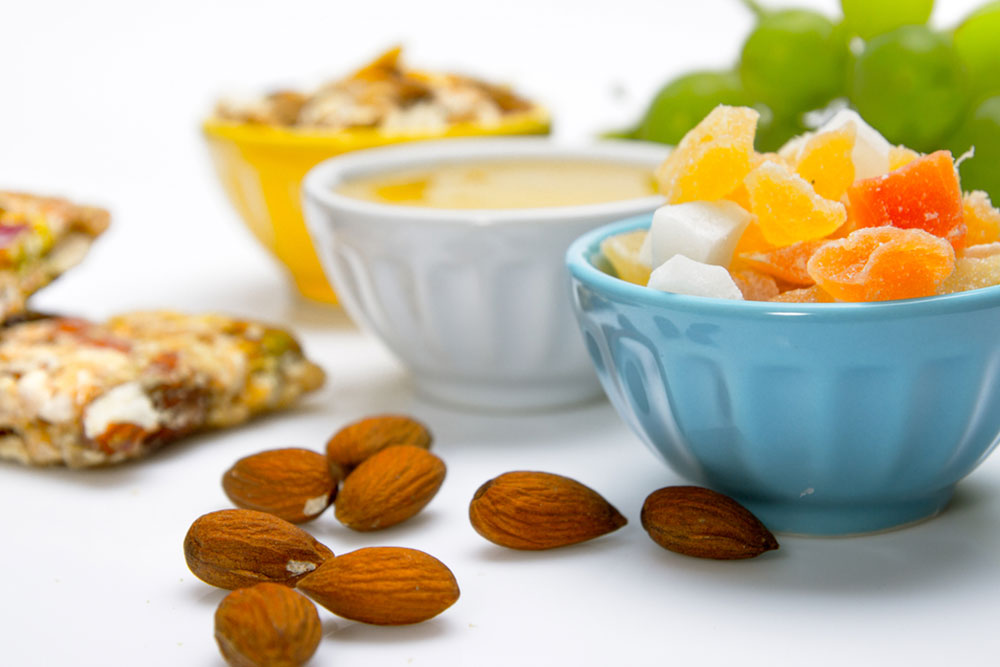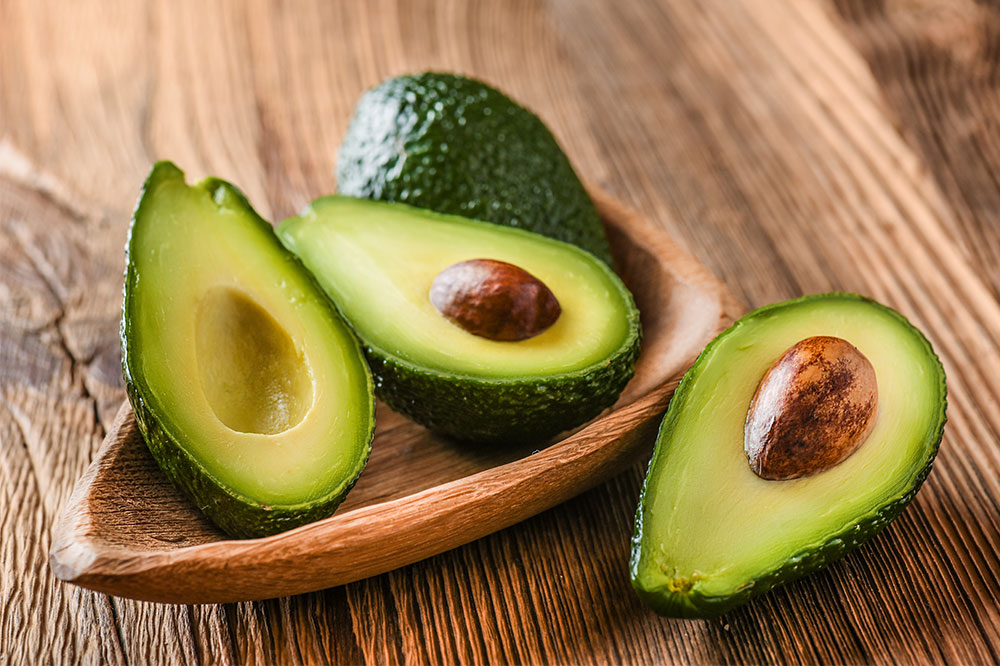Essential Foods to Limit for Heart Health and Cholesterol Management
Discover the key foods to limit for better heart health and cholesterol management. Learn how processed snacks, meats, sugary foods, trans fats, and refined grains impact your cardiovascular risk and get tips on healthier alternatives. Making these dietary adjustments can significantly improve your lipid profile, reduce heart disease risk, and promote overall wellness through informed nutritional choices.

Essential Foods to Limit for Maintaining Heart Health and Managing Cholesterol Levels
The foods we consume daily play a significant role in our cardiovascular health, especially when it comes to cholesterol levels. Diets rich in unhealthy fats and excess sugars can lead to elevated cholesterol, which increases the risk of developing heart disease—a leading cause of death worldwide. To promote optimal heart health, it's crucial to be aware of certain foods that can negatively impact your cholesterol profile and overall cardiovascular wellness. Making deliberate choices to reduce or eliminate specific items can significantly decrease your risk of cardiovascular complications.
Processed and Snack Foods: Junk foods like potato chips, crackers, and packaged snack items are notorious for being high in saturated fats, salt, and artificial additives. Regular consumption of these items not only raises bad cholesterol (LDL) but can also lead to weight gain and increased blood pressure. Limiting intake of processed snacks is a proactive step toward maintaining a healthy heart and preventing obesity-related complications.
Processed Meats: Items such as bacon, sausages, hot dogs, and ham contain high levels of saturated fats and cholesterol. These meats are associated with increased risks of atherosclerosis and coronary artery disease. Opting for leaner protein sources like poultry, fish, or plant-based options can help reduce cardiovascular risk factors significantly.
Foods High in Added Sugars: Candy, baked goods, sweetened cereals, and sugary beverages contribute to elevated triglycerides and LDL cholesterol levels while reducing HDL (good cholesterol). Excess sugar intake is linked to increased inflammation and insulin resistance, both of which aggravate heart disease risk. Cutting back on sugary foods and drinks can improve lipid profiles and support better heart health.
Partially Hydrogenated Oils and Trans Fats: Commonly found in margarine, baked goods, and fried fast foods, trans fats are particularly harmful. They not only raise LDL cholesterol but also lower HDL cholesterol, creating a dangerous lipid imbalance. Avoiding products containing hydrogenated oils is essential for anyone aiming to reduce heart disease risk.
Refined Grain Products: White bread, white rice, and pastries made with refined grains are low in fiber and nutrients. They can cause spikes in blood sugar and promote the buildup of bad cholesterol in arteries. Choosing whole grains like brown rice, whole wheat bread, and oats can help manage cholesterol levels and improve cardiovascular health.
Adopting a heart-healthy diet involves more than just avoiding certain foods; it requires a balanced intake of nutrient-dense options, such as fruits, vegetables, whole grains, lean proteins, and healthy fats. Lifestyle factors like regular exercise, maintaining a healthy weight, and moderating alcohol intake also play vital roles in managing cholesterol and reducing cardiovascular risks. Understanding which foods to limit allows you to make smarter dietary choices that support long-term heart health and overall well-being.





